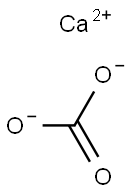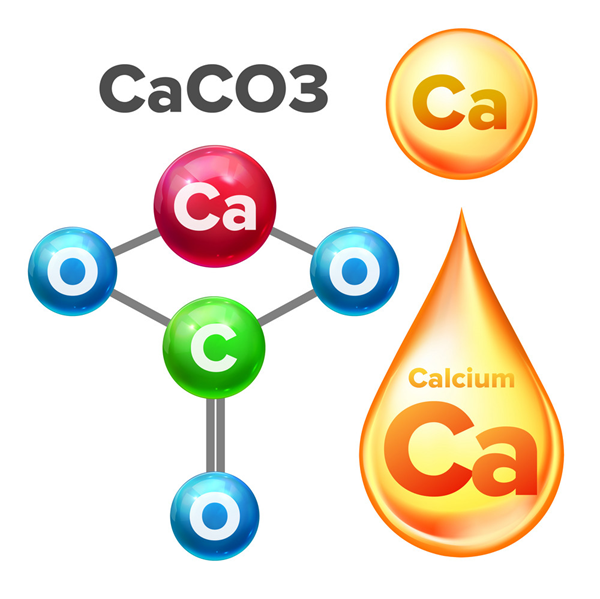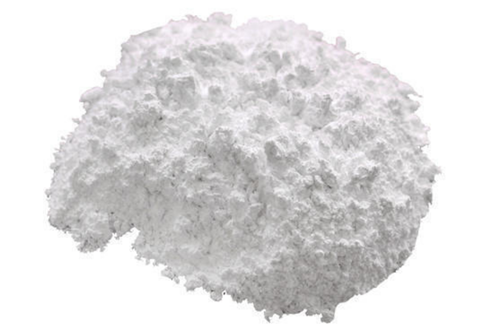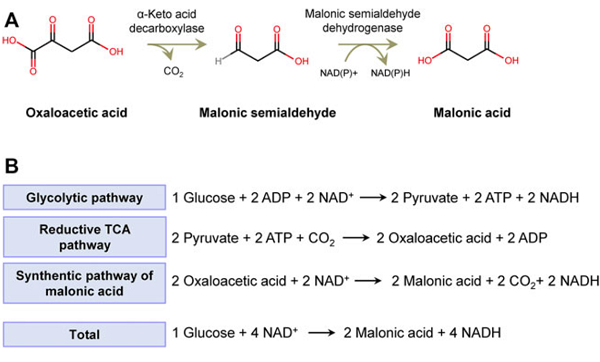Is daily consumption of calcium carbonate considered safe?
Calcium carbonate is available in tablet, chewable, oral suspension, or powder form. Tablets should be swallowed with a full glass of water. Oral suspensions should be shaken well before measuring to ensure the proper dose is taken. The bioavailability of calcium from calcium carbonate is higher in powder form. Although calcium citrate generally has a higher bioavailability than calcium carbonate, in fortified foods, calcium carbonate may be more efficiently absorbed than other calcium compounds. 1000 mg of calcium carbonate is equivalent to 400 mg of elemental calcium.

Calcium carbonate is generally safe for daily calcium supplementation. However, if you regularly use calcium carbonate for digestive issues, consult a doctor to address the underlying cause. Chronic or improper use of calcium supplements can lead to health issues. The recommended daily dose of supplemental calcium carbonate is typically no more than 500 milligrams, which is optimal for absorption.
A doctor may suggest short-term use of higher doses of calcium carbonate (up to 1,000 mg), but the daily intake should not exceed 8 grams.
Dosing depends on the condition being treated and the patient's age. For adults with heartburn, the dosage ranges from 500 mg to 1,000 mg and should not exceed 7 grams daily.
The Recommended Dietary Intake (RDI) for calcium for adults is 1 to 1.2 grams daily, preferably from dietary sources. For post-menopausal women, the RDI is 1.2 grams. For calcium supplementation, 500 mg to 4 grams of calcium carbonate may be taken orally daily, in divided doses, and with meals.
For adults with hyperphosphatemia, 1.5 to 3 grams per day of calcium carbonate effectively controls phosphate levels in 65% of patients.
If a dose is missed, it should be taken as soon as remembered unless it is nearly time for the next dose. The next dose should be taken as scheduled without doubling.
Calcium absorption can be influenced by dose, stomach pH, patient size, estrogen status, vitamin D levels, and genetic polymorphisms. Fractional absorption is highest when the dose is 500 mg; the stomach is acidic, the individual has sufficient vitamin D, has no absorption disorders, is young, has higher estrogen levels, and has a larger body size. Absorption of calcium carbonate decreases in individuals with mucosal lining disorders or achlorhydria.
You may like
Related articles And Qustion
See also
Lastest Price from Calcium carbonate manufacturers
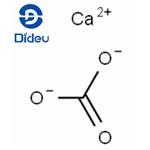
US $0.00-0.00/kg2025-12-13
- CAS:
- 471-34-1
- Min. Order:
- 1kg
- Purity:
- 98%
- Supply Ability:
- 1000

US $1200.00-1100.00/ton2025-09-10
- CAS:
- 471-34-1
- Min. Order:
- 1ton
- Purity:
- 99%
- Supply Ability:
- 1000T/M
